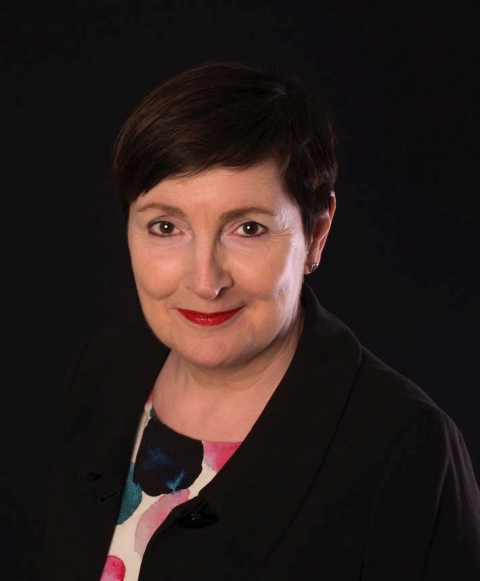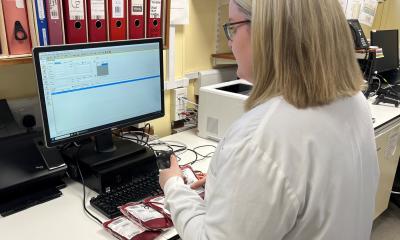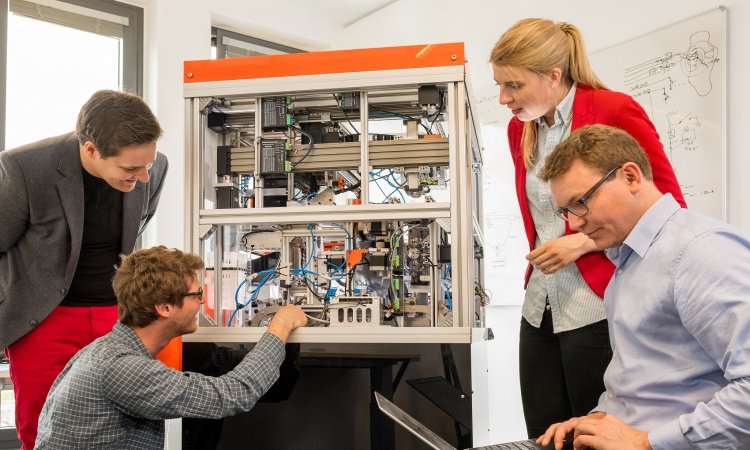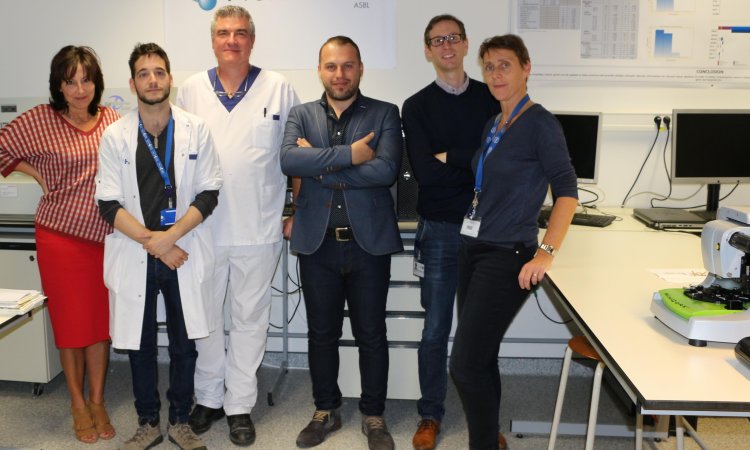Article • Improved workflow
UK uptake increases in digital pathology
Mark Nicholls
Professor Jo Martin, the newly-appointed President of the Royal College of Pathologists in the United Kingdom, believes the National Health Service (NHS) is on the brink of embracing digital pathology more widely. A number of UK laboratories, she explained, are adopting digital pathology in histopathology – in line with some labs in Sweden and Holland, where it has become routine – and the benefits to clinicians and patients in increased efficiency, quicker results, and flexibility are ever more apparent.

However, there remain investment challenges, particularly at a time when the NHS is facing severe financial pressures. ‘I think the barriers to wide-scale adoption are largely around capital investment and IT capacity,’ Martin pointed out. ‘However, I think there is an increasing recognition that digital pathology – with the workforce issues we have in pathology and histopathology in particular – will help us work in a more effective way.’
Challenges also lay in integration with the electronic health record and laboratory information management systems and having the capacity to implement such major change. Yet, she also said digital pathology offers ‘huge advantages’ in the way it will improve workflow, meaning pathologists can work remotely and share slides and information digitally – as opposed to current glass slides – as they make a diagnosis or seek a second opinion for patients and deliver quicker results for patients. Additionally, it offers flexibility and more efficient working, routine quality assessment, quality assurance and training opportunities.
Combining the image based potential with the other elements of the genetic data is very important.
Jo Martin
A keynote speaker at the Digital Pathology Congress in London with the presentation ‘Digital pathology – making a difference’, Jo Martin added: ‘There is also the integration of digital pathology with molecular pathology and genetics, in the way that we are already doing for integrated reporting, for example in haematological oncology where histopathologists are already using genetic data, and flow cytometry data, haematological data and morphological data and integrating those into one report. Combining the image based potential with the other elements of the genetic data is very important.’ Martin also pointed to the potential for the integration of machine learning and artificial intelligence, and how validated algorithms can cut down on routine workloads and save time, such as with the ability to count mitoses per high power field.
Digital pathology is already making a difference, she pointed out, in areas of training, education and revalidation, where pathologists can share digital slides and make diagnosis and comparisons as part of a learning and education process, such as through the EQA (External Quality Assessment) process.
As for future trends and opportunities she continued: ‘The potential is huge for sharing, learning for more adaptable training programmes, and for more flexible working. It will help in retaining people in the workforce longer, enabling more flexible working, and those returning to work and in creating the potential for resilience between sites.’ The Royal College of Pathologists (RCPath) is working actively to encourage and support the expansion of digital pathology and expertise in the field, along with a range of other measures to help make working pathologists lives easier at a time of great workload pressure.
‘We have issued guidelines about the use of digital pathology and will continue to look at professional standards in relation to the use of digital pathology,’ Martin added. ‘The curriculum requirements are constantly being reviewed, not just for digital pathology but also for information technology, and we are looking at training modules that will support that.’ During her coming three-year tenure as RCPath President, she is keen to raise the profile of the profession, increase its influence with other national bodies, and further highlight the levels of expertise within the discipline of digital pathology.
As pathologists, we are not just stuck in labs, we are out there preventing, monitoring and in many cases helping to treat disease through new drug development and new technology development.
Jo Martin
The other element is to ensure that the organisation continues to be active in research and development, she said. ‘Digital pathology has come about in huge part through the activities of pathologists; we have very skilled practitioners working with industry to create these ground-breaking products and this is happening across pathology.
‘I want to raise awareness of the R&D and innovation that is going on throughout the profession and show that, as pathologists, we are not just stuck in labs, we are out there preventing, monitoring and in many cases helping to treat disease through new drug development and new technology development.’
Profile
Professor Jo Martin, who became President of the UK’s Royal College of Pathologists in November, is a practising histopathologist, specialising in renal pathology and gastro-intestinal neuromuscular disease at the Royal London Hospital and is Director of Academic Health Sciences, Barts Health NHS Trust. As Professor of Pathology at Queen Mary University of London, her research interests are in gastro-intestinal and neuro-muscular disease of the gut as well as drug development.
15.12.2017





